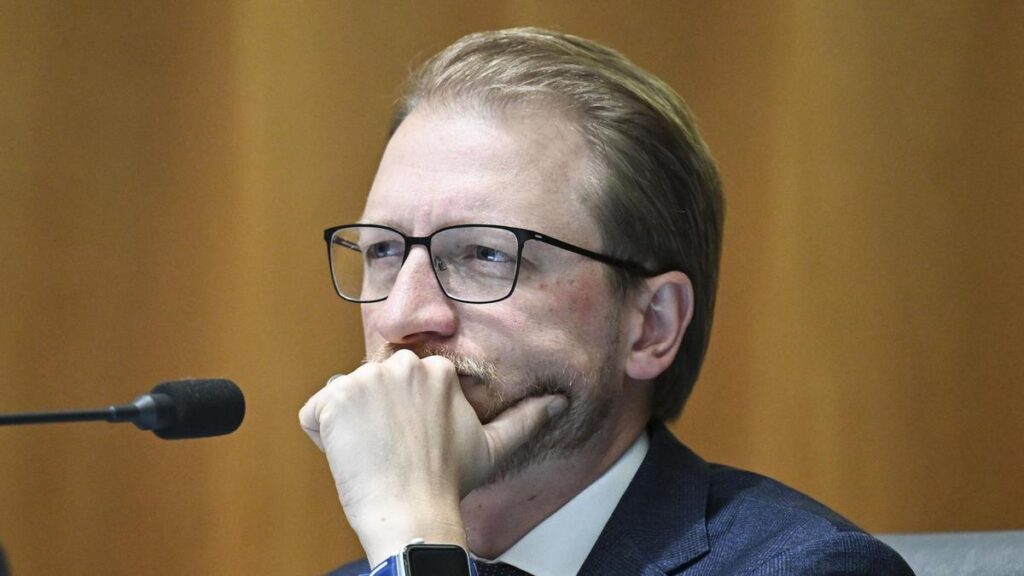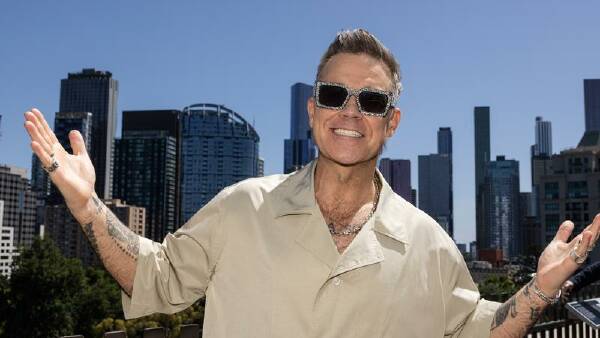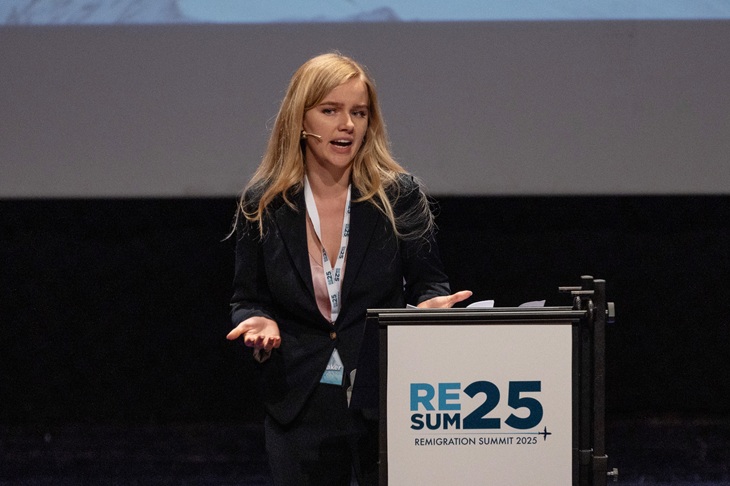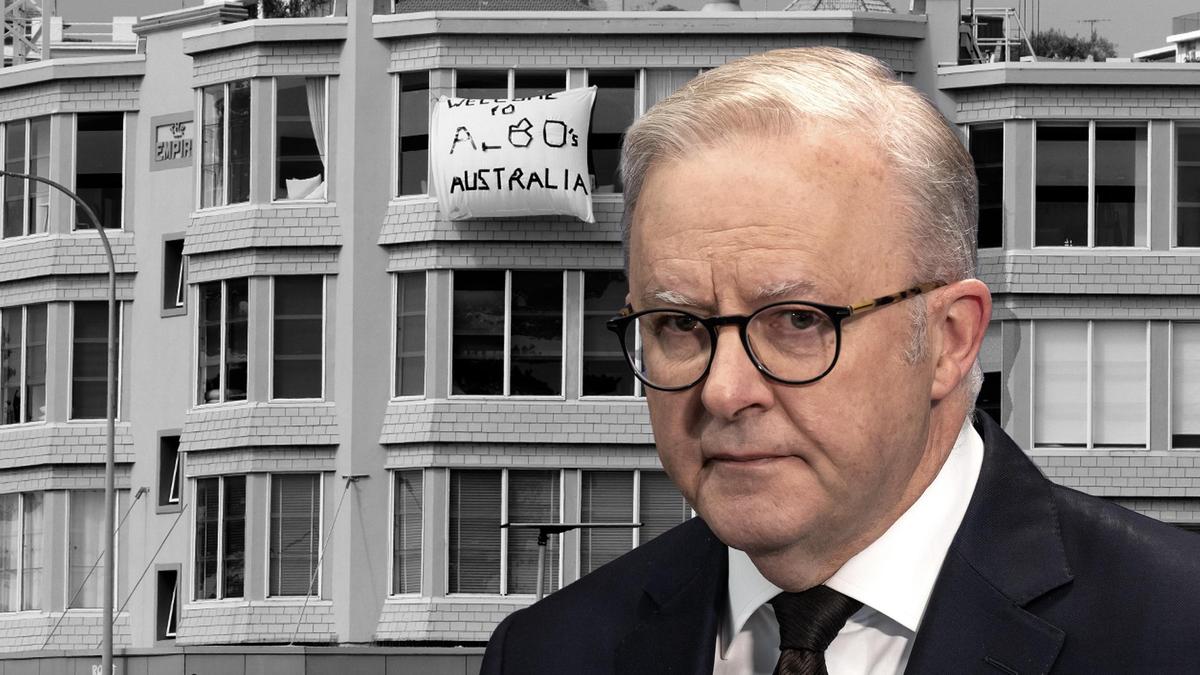
A senior member of the Liberal Party has urged his colleagues to move past introspection following the party’s significant electoral defeat and to concentrate on strategies for future success. In a speech delivered in Sydney on March 15, 2024, Shadow Finance Minister James Paterson emphasized the need to abandon what he described as the “apology tour” that has characterized recent party discussions. He cautioned against adopting “false choices” like emulating the policies of the Teal movement or veering towards the populist approach exemplified by UK political figure Nigel Farage.
Paterson’s remarks came in the wake of a challenging period for the Liberal Party, which suffered its worst electoral loss in May 2025. He remarked that “marginal” voices pushing for a fragmentation of the party could lead to dire consequences reminiscent of the split within the Labor Party during the 1950s. His comments follow the resignation of Shadow Home Affairs Minister Andrew Hastie, who stepped down over disagreements regarding immigration policy, and the removal of Senator Jacinta Nampijinpa Price from the frontbench due to controversial remarks about Indian Australians.
In his address, Paterson outlined three pivotal tasks for the party to regain its footing: resolving internal disagreements, holding the government accountable, and formulating attractive policy alternatives. Despite the Liberal Party holding only 43 seats in the lower house compared to the governing Albanese administration’s 94, Paterson expressed optimism. “Even in these challenging times for our party, I remain optimistic,” he stated.
Paterson, representing the Liberal Party’s dominant National Right Conservatives faction, predicted that with effective management, the party could not only compete but potentially win in the next election. He articulated a vision for the party’s future, underlining the importance of avoiding “false choices.” He argued against the notion that the party should simply disengage from cultural debates, stating that this approach would only lead to a “soulless, hollow party” that fails to resonate with a broad constituency.
Moreover, he criticized the idea of adopting a “Farage-lite” populism, which he believes would compromise the party’s foundational principles of free markets and fiscal responsibility in favor of a new form of nationalism. Paterson expressed skepticism about the sustainability of policies similar to those proposed by the Reform Party in the UK, particularly in a context where government spending already accounts for 44 percent of Australia’s GDP and where the country faces a considerable budget deficit.
He also addressed the need for the Liberal Party to enhance its campaign strategies, particularly in data analytics, stating that Labor’s more effective use of these tools had given them an edge during the last election cycle. “Our approach to data and analytics is particularly outdated,” he remarked, emphasizing the necessity of modernizing their campaign tactics.
In concluding his address, Paterson conveyed a hopeful outlook for the Liberal Party’s future, asserting that unity behind shared values and a clear alignment of policies would enable the party to regain its footing and effectively present its case to the Australian populace.







